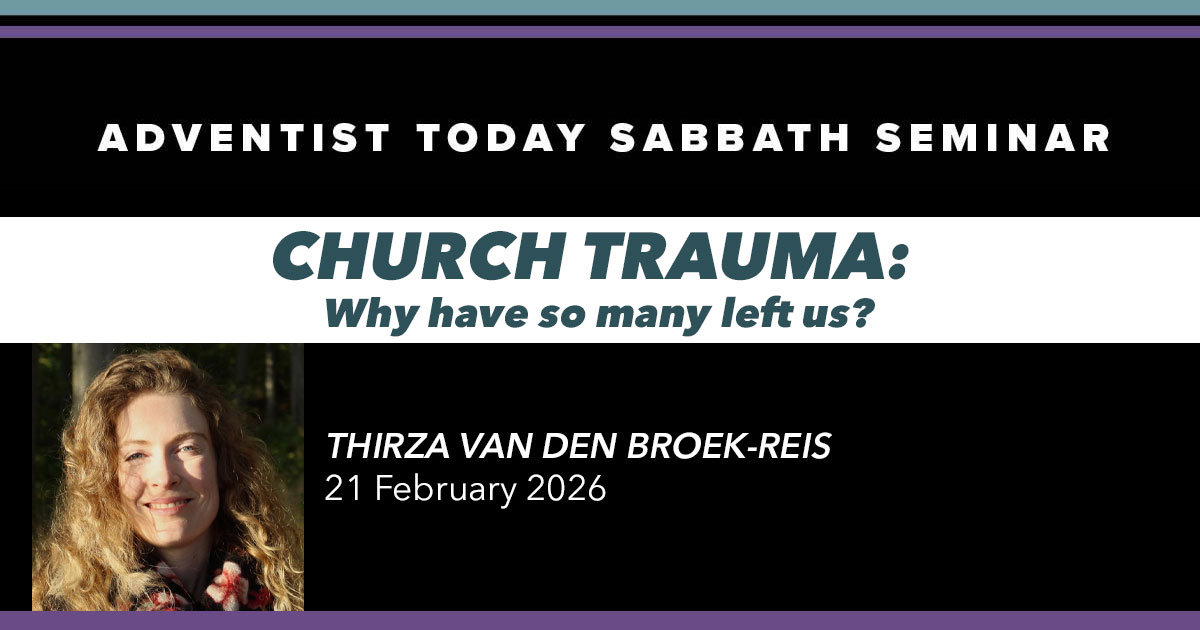
12 February 2026 | Have you ever wondered why so many people you once sat next to in worship services are no longer there? You have undoubtedly heard their stories. Someone was unkind. Something that was said hurt their feelings. They feel dissonance with things that the church insists are true. Some have even suffered […] Source: https://atoday.org/atss-thirza-van-den-broek-reis-church-hurt-why-are-so-many-no-longer-with-us/




